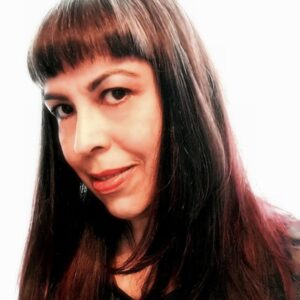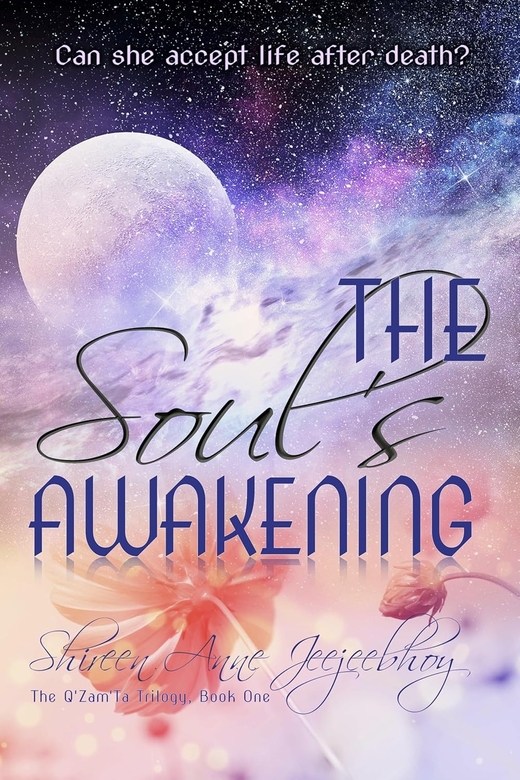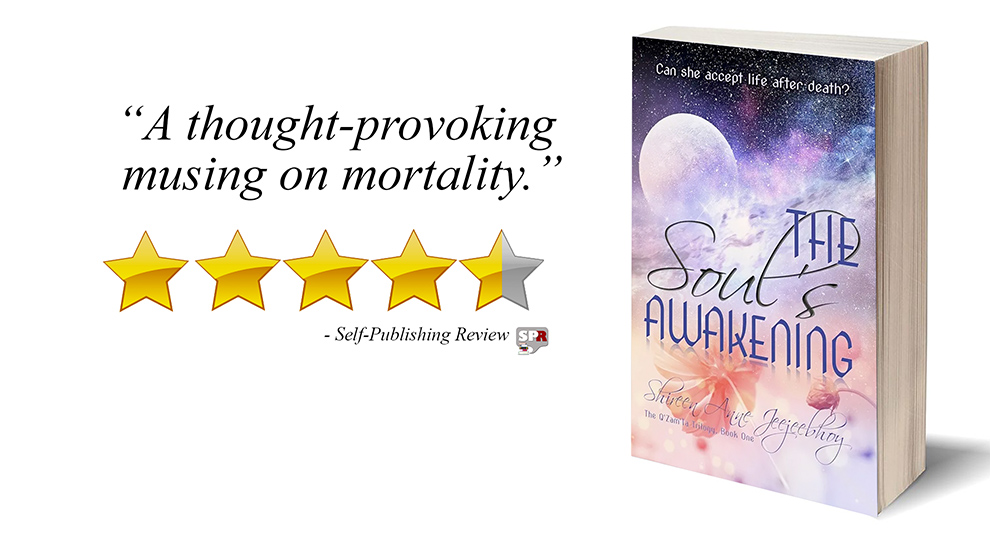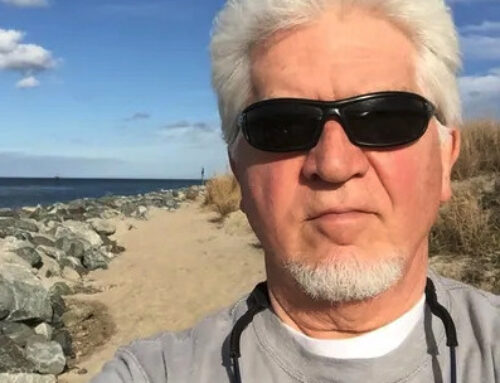 Shireen Anne Jeejeebhoy is a Toronto-based author, blogger, and photographer who holds a B.Sc. in psychology from the University of Toronto. After sustaining a brain injury, Jeejeebhoy has found that her writing keeps her grounded, her photography lifts her into realms of color and light, and posting on Bluesky creates a social web to support and be supported in her restoration journey.
Shireen Anne Jeejeebhoy is a Toronto-based author, blogger, and photographer who holds a B.Sc. in psychology from the University of Toronto. After sustaining a brain injury, Jeejeebhoy has found that her writing keeps her grounded, her photography lifts her into realms of color and light, and posting on Bluesky creates a social web to support and be supported in her restoration journey.
Jeejeebhoy’s work is an eclectic mix of fiction, biography, nonfiction, and poetry, with the city of Toronto often in a starring role. Her books include the award-winning biography Lifeliner: The Judy Taylor Story; the novel She, a finalist for the 2012 Word Guild Awards; and the self-help book Brain Injury, Trauma, and Grief: How to Heal When You Are Alone, a finalist for the 2023 Word Awards.
Tell us about your book.
Back in 2019, I was thinking about the resurrection and the theoretical physics and metaphysics behind it. I was also fed up with the focus on the crucifixion and little attention paid to the Resurrection. I first wrote a play based on the Gospels and N.T. Wright’s book Surprised by Hope. And then a trilogy started to form in my mind. I knew the first book, The Soul’s Awakening, would start with the protagonist’s death, but I didn’t know how she would die. When she suddenly told me that it would be through MAiD (Medical Assistance in Dying), Canada’s euthanasia law, I objected. But I eventually reconciled myself and have discovered that it is an enlightening counterpoint to life after death and life after life after death. After all, what is existence? I wanted to explore death, the afterlife, and resurrected life through my protagonist, an older woman, and create a book for each phase. Hence, a trilogy.
Why did you want to write a book?
I loved to read for as long back as I can remember. Books to me were like companions. And I secretly longed to write a book. When I got the courage to make writing fiction my goal, I was given the idea to write on the first person in the world to live without eating, a non-fiction story. I knew Lifeliner would be perfect for learning to write a book.
 Why did you choose to self-publish?
Why did you choose to self-publish?
After I’d begun researching and writing my first book, I suffered a whiplash injury in a car crash and lost an opportunity with a New York Literary Agent. After my second car crash, I suffered a brain injury that took away my writing for six years. By the time I got back on track, I’d lost all opportunities for traditional publishing and I didn’t want to wait. Self-publishing gave me the opportunity to see my book edited and in print at last.
What tools or companies did you use, and what experience did you have?
For writing, National Novel Writing Month (NaNoWriMo) got me to write daily with its pep talks, writing sprints on YouTube, and word count progress graphs. This year, I’m trying trackbear.app and am finding its NaNoWriMo Diaspora leaderboard helpful in tracking my progress. Instead of hiring a structural editor, I use Fictionary to ensure my manuscript hits plot points, has conflict, and flow. I use ProWritingAid to edit my books since I can’t afford an editor. Human editors are essential, but if you can’t afford one, using most of PWA’s reports will help you craft an excellent manuscript. IngramSpark for my paperbacks. And recently Draft2Digital to create ebooks. I distribute my paperbacks and ebooks worldwide through these latter two companies. They make it simple to distribute. I’ve used SPR for editorial reviews and Amazon Promos for several of my books since I discovered them.
What was your steepest learning curve during the publishing process?
Since I’d worked as a proofreader and editor before I wrote my first book, I knew about the publishing process. And I knew I had to market the book for it to sell. But learning the evolving self-publishing software and marketing trends, is like repeating a steep learning curve. Workshops may make it seem doable, but marketing is hard work and continual trial and error, with mostly failure. You need long-term stamina and optimism.
As a writer, what is your schedule? How do you get the job done?
I write novels during NaNoWriMo’s traditional novelling months. I write a chapter daily, first thing in the morning, with coffee, before I do anything else. That way, I make sure fatigue and distractions don’t interfere with my writing. I use Scrivener to write and Plottr to outline. By the time I begin writing my manuscript, I’ve already spent months on developing characters, settings, timelines, and the outline in Plottr. Even though I often veer away from the outline during the actual writing, I get back to key plot points and end up where I wanted to originally. I write the last chapter first to know where the story is headed.
Tell us about the genre you wrote in, and why you chose to write this sort of book.
An editor once told me it’s hard to market me because I’m eclectic. I’ve written in many different genres. Sometimes, I find it hard to categorize my books using the BISAC codes. I don’t choose the genres; the stories choose them for me. I don’t think about genres until I have to market my books. I think only about stories.
What are your plans now your book is published?
I’m currently writing the second novel in The Q’Zam’Ta Trilogy. My plan is to market The Soul’s Awakening and get The Soul’s Reckoning (book two) edited and published in 2025. And then work on the third and last novel of the trilogy.
What did you learn on your journey as an author?
I learned my heart is in fiction writing. And writing is breathing for me. It’s essential for my life.
What’s next for you as an author?
I write a monthly blog for Psychology Today because I feel called to advocate for better diagnosis and curative treatments for brain injury. I write a Substack newsletter that explores the mind. Currently, I’m writing on the last book of the Bible, Revelation, as research for my trilogy. I keep a blog on my website and post regularly on Bluesky as a way to practice my craft and connect with people around the world. I want to continue exploring the mind, consciousness, and existence through non-fiction essay-type writing and through my novels.
Author Links
Get an Editorial Review | Get Amazon Sales & Reviews | Get Edited | Get Beta Readers | Enter the SPR Book Awards | Other Marketing Services























Leave A Comment